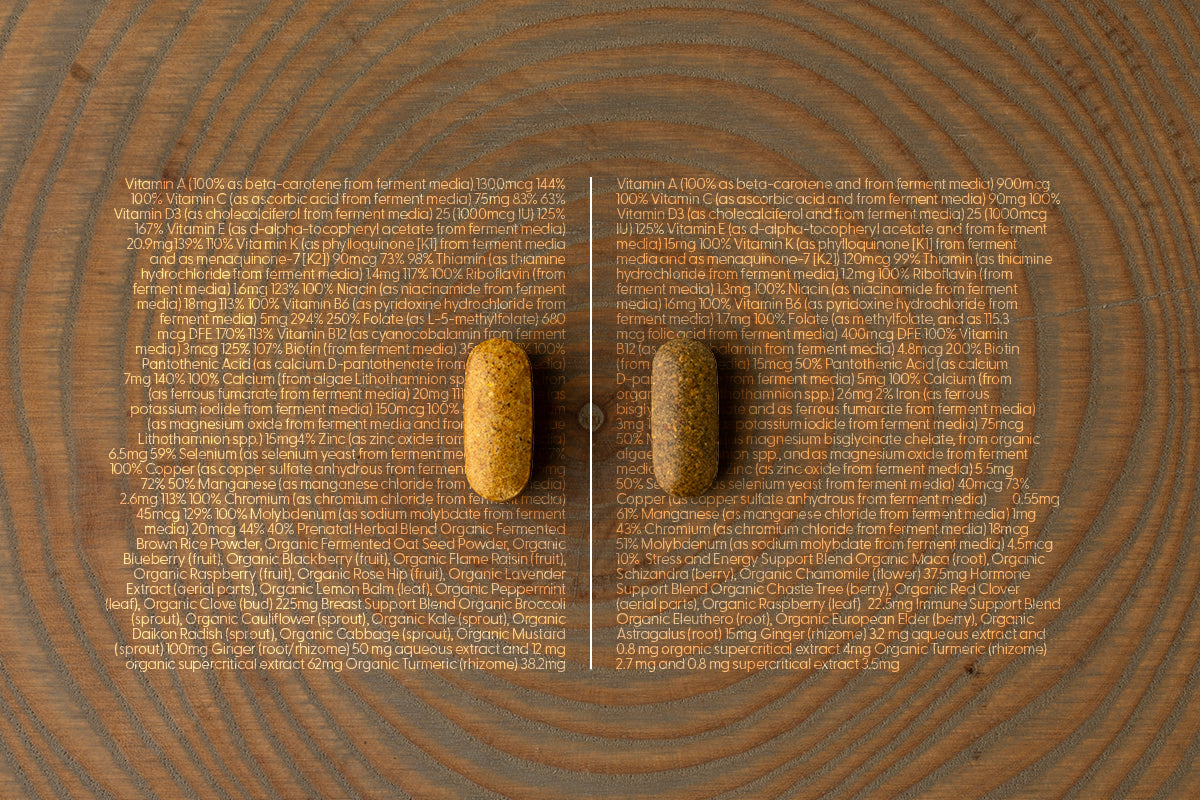What Is an Herbalist? 3 Key Things You Need to Know
Herbalism, the practice of the medicinal and therapeutic use of plants, has a history that spans thousands of years. It predates recorded history and forms the origin of much of modern medicine. Herbalism has also influenced many cultures, as countries such as South Africa, India and China have established their own unique herbal traditions. Interest in this form of medicine has transcended its origins, as about 80% of people in the world use herbalism, according to the World Health Organization (WHO).
With herbalism, leaves, seeds, bark, flowers, and other plant parts are carefully selected to treat specific conditions. Since these plant parts are potent, they should be used as directed by a skilled practitioner. That’s where an herbalist comes in.
Modern herbalists are those who are specially trained in the field of herbal medicine. While some are certified by accredited or well-established herbal schools, others are self-taught. The training you receive is based on the type of herbalist you want to become. For example, home herbalists may receive training that’s more informal and structured around their family’s needs, while clinical herbalists must understand the scientific side of herbs - like the chemical makeup of plants and botanical nomenclature. Training also varies by herbal traditions. Chinese herbalists typically receive formal training to learn the therapeutic uses of Chinese herbs, whereas Ayurvedic herbalists study remedies that balance the body’s three primary metabolic forces - or doshas - known as Vata, Pitta, and Kapha.
Many types of healthcare professionals - including chiropractors, naturopathic doctors and Western medical practitioners - may use herbalism to treat patients in conjunction with conventional therapies. Because of this, herbalism is sometimes known as “complementary” medicine, which describes medical therapies used along with conventional medicine to prevent, treat and manage illnesses.
“Herbalist” is an inclusive term that covers a range of backgrounds, specialties and traditions. But regardless of their differences, there are three key things to know about herbalists.
What do Herbalists Do?
1. Support Wellness with Plants
Herbalists use specific plants to support your holistic wellness and treat specific conditions. They prefer herbs that have been grown organically and in their native environments. This helps to ensure that no unexpected chemicals such as fertilizers or pesticides are present in their formulations. Also, it’s because that’s where herbs grow best. Turmeric, for example, grows well in the rainy tropics where it is hot and humid, and wouldn’t be as full of phytonutrients (healing compounds) if it were grown in colder climates.
2. Use Whole Herbs in Their Formulas
While modern medicine may use lab-created, synthetic copies of herbal active ingredients, herbalists use actual herbs to create their remedies. In some cases, herbalists use whole herb extraction to glean the active compounds of the plants. Depending on the plant, oil, water, ethanol, or pressure can be used to gently extract Nature’s whole profile of beneficial compounds.
There are contrasting views on standardization among herbalists. A standardized herbal extract contains one or more compounds in a specific amount. While this guarantees the consistency - or potency - of that particular compound, it removes or overlooks other important compounds that may contribute to the activity of the whole herb. Therefore, many practitioners prefer the "whole herb" philosophy, which does not standardize results but instead provides all of the compounds that are present in a particular batch of plant material.
3. Customize Formulations for Your Needs
Herbalists know that remedies aren’t one-size-fits-all. Instead, formulations are customized to treat your specific needs or conditions. And they take a holistic approach to care - considering your physical, mental, emotional, social, spiritual, and economic needs to develop a remedy that works specifically for you.
Herbalists play a crucial role in maintaining and restoring good health. In some areas of the world, they are the primary care doctors. In other places, they work alongside Western medical practitioners.
At New Chapter, we are grounded in the power of herbal remedies. In fact, our company was first founded to help get herbs into more people’s hands. In 1986, we revolutionized multivitamins by adding herbal blends, making sure that these popular supplements are also offering herbal support. New Chapter offers a line of herbal supplements created with beneficial herbs from around the world and formulated to support many health needs. We are extremely proud recipients of the - Varro E. Tyler award for investment in phytochemical research (2010), which demonstrates our ongoing commitment to excellence in the field of herbalism.






